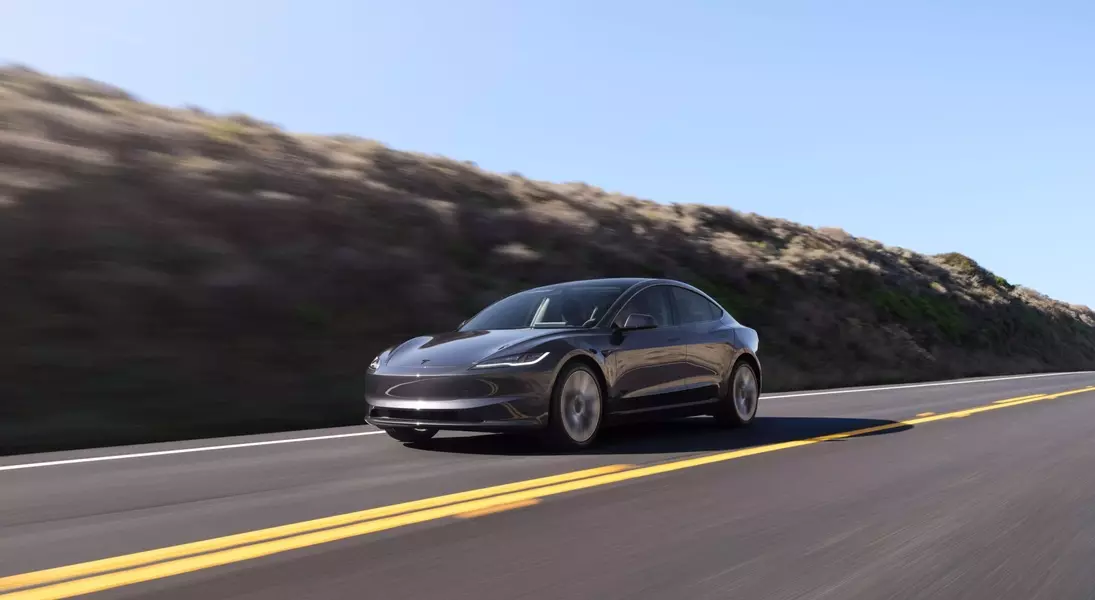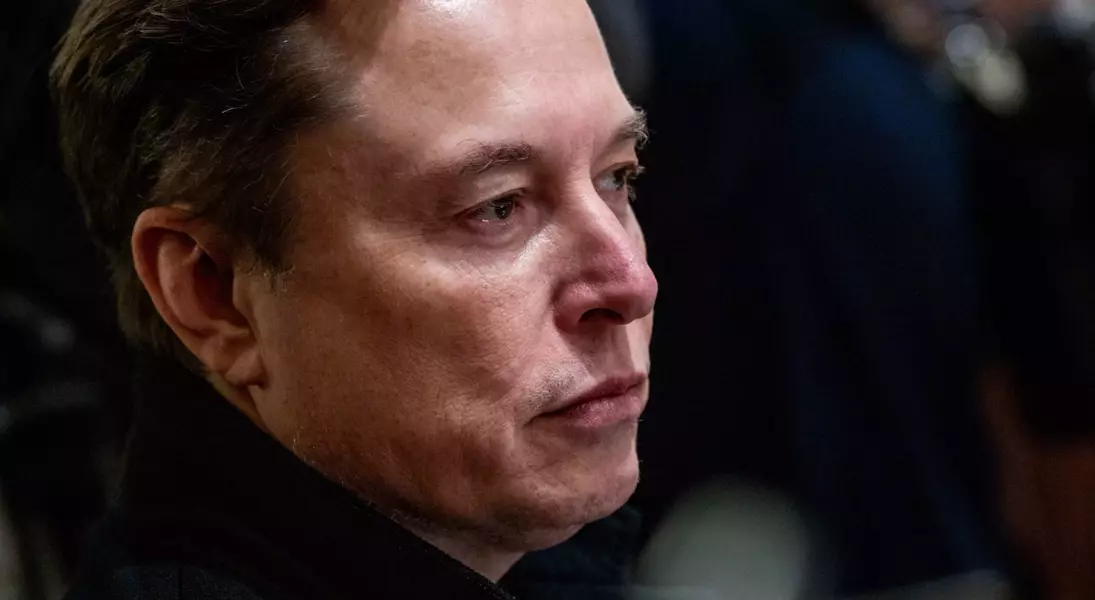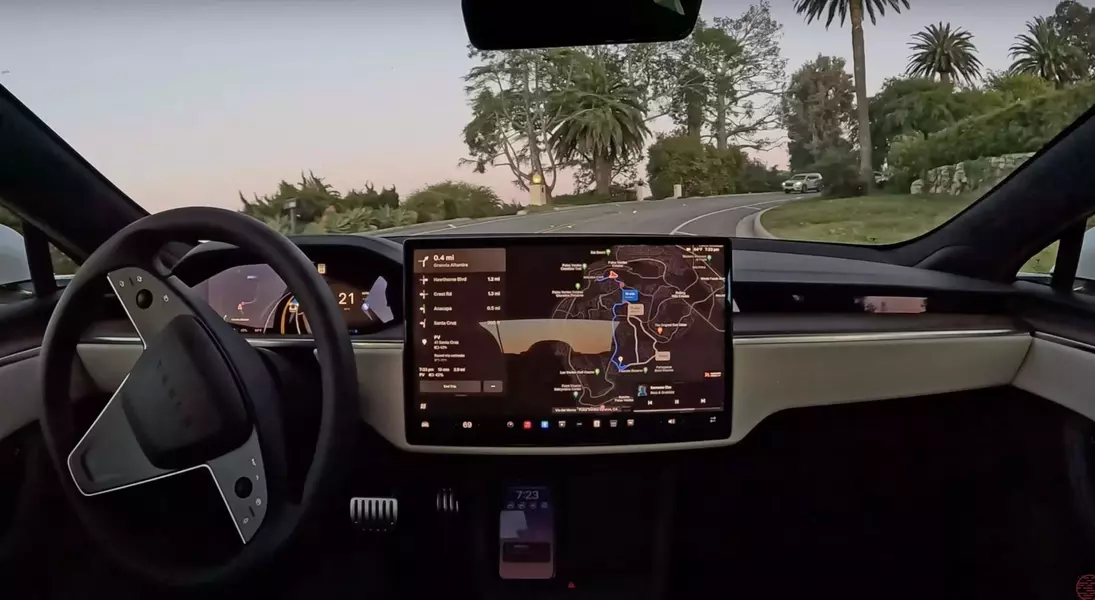




Elon Musk's grand vision for broader adoption of Tesla's Full Self-Driving technology has met an unexpected obstacle, as the CEO recently acknowledged that rival automakers are not keen on licensing the system. This revelation marks a significant pivot from his previous assertions of strong interest from other manufacturers, highlighting the complexities and challenges in bringing advanced autonomous driving capabilities to a wider market. The current iteration of FSD, still classified as a Level 2 assisted driving system despite its name, continues to necessitate human oversight, a factor that appears to be a major deterrent for other companies.
The entrepreneur, known for his bold claims and ambitious targets, had previously projected considerable enthusiasm from established automotive players regarding the integration of Tesla's self-driving software. He had even suggested that carmakers without FSD would eventually struggle to compete. However, recent statements from Musk on social media indicate a different reality, where attempts to offer the technology have been largely dismissed. He described the responses from traditional auto companies as hesitant, with demands for extensive modifications and a prolonged implementation timeline, rendering the proposals impractical for Tesla.
A primary concern revolves around the nomenclature and actual capabilities of the FSD system. While branded as "Full Self-Driving," the technology currently operates at Level 2 of autonomous driving, implying that human intervention is still crucial. This contrasts sharply with the expectations of automakers, who anticipate a truly autonomous system that lives up to its name, especially if they are to integrate it into their own product lines. The discrepancy between the branding and the current operational level poses a significant challenge for licensing efforts.
Furthermore, the legal landscape surrounding autonomous driving technologies adds another layer of complexity. Unlike some competitors, such as Mercedes-Benz, which assumes legal responsibility for its Level 3 autonomous Drive Pilot system, Tesla's FSD has been embroiled in numerous federal investigations and lawsuits. This history of legal scrutiny makes it an unappealing prospect for major automotive groups like Ford, General Motors, and Stellantis, who are wary of inheriting potential legal liabilities associated with the technology.
The reluctance of these manufacturers stems from a pragmatic assessment of the risks involved. Adopting a system that is not only still under development but also subject to ongoing legal challenges could significantly damage their brands and expose them to unforeseen financial and reputational costs. For these companies, the prudent approach is to either develop their own robust autonomous solutions or wait for the technology to mature and for legal frameworks to become clearer, ensuring greater reliability and accountability.
Ultimately, the current situation underscores the significant chasm between the aspirational marketing of autonomous driving features and the practical realities of deploying such advanced technology across the industry. Until Tesla's Full Self-Driving system achieves a higher level of autonomy, demonstrates irrefutable reliability, and navigates the complex legal environment more smoothly, it is likely to remain a solitary venture for the electric vehicle pioneer.
